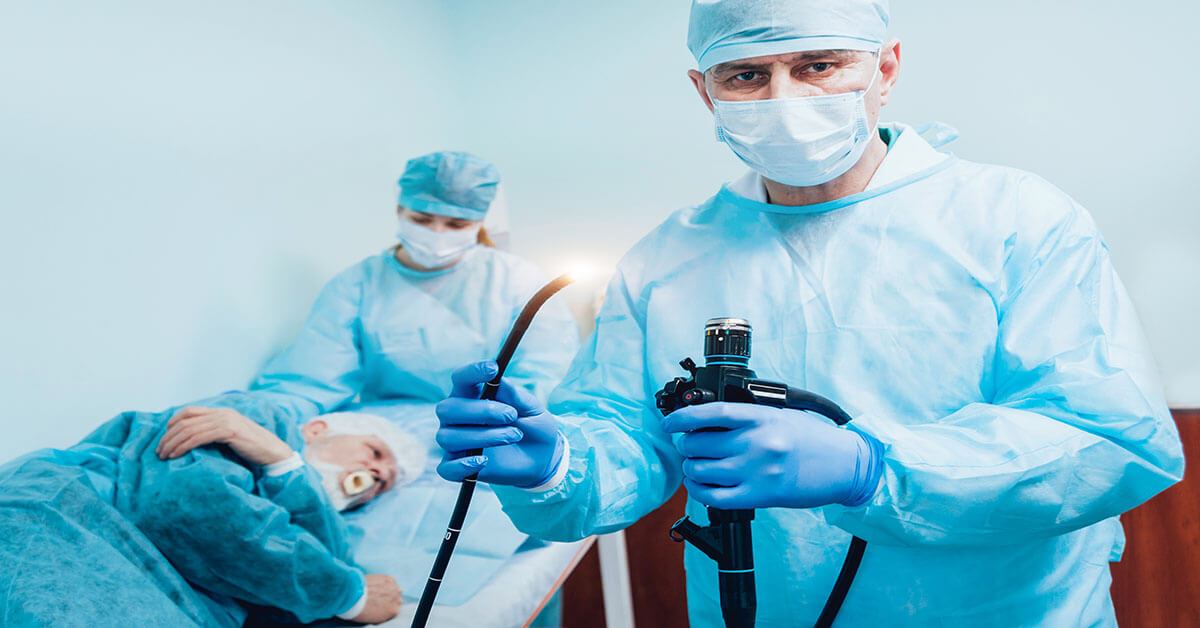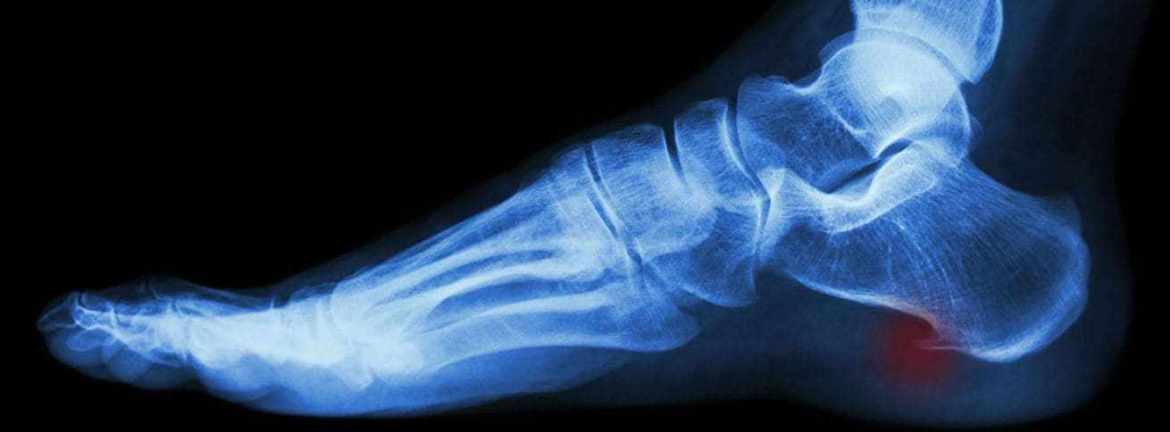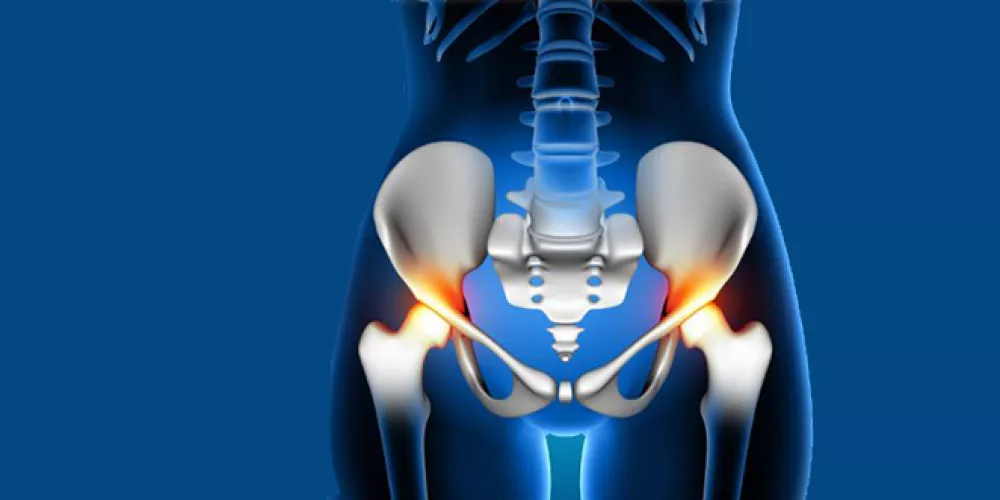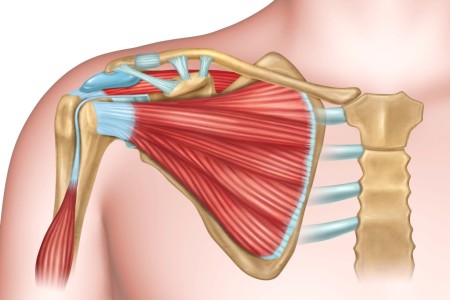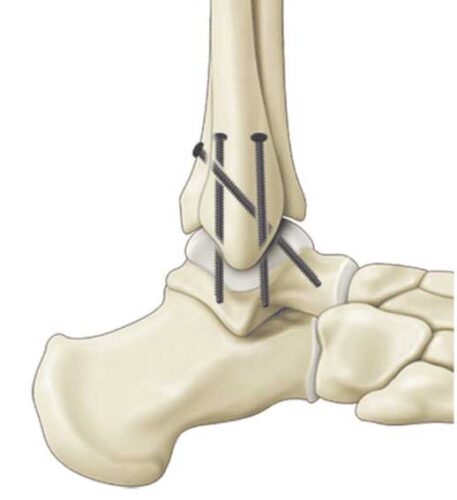Learn about the cost of bone marrow transplantation in Egypt and its success rate with us.
How much does bone marrow transplantation cost in Egypt? Bone marrow transplantation is considered a costly procedure, so patients often want to know the final cost. We will explain this in the following paragraphs, shedding light on how the procedure is done, the conditions required, and the results that follow. So, stay with us to get all the latest information on this matter.

How much does bone marrow transplantation cost in Egypt?
Consult with an expert in bone marrow transplantation and prepare for life at your full potential with Dr. Amr Amal.
Bone marrow transplantation in Egypt is considered a costly and expensive procedure, with costs ranging between 200,000 to 300,000 Egyptian pounds. This cost varies based on different procedures and depends on the treating physician and the hospital where the patient undergoes the operation. Egypt is considered one of the leading countries in this field, performing many successful bone marrow transplantations every year, earning the satisfaction and approval of patients.
Why is a bone marrow transplantation performed?
A bone marrow transplantation procedure contributes to the treatment of various diseases, such as lymphoma and leukemia, in addition to preparing the patient’s body adequately before the procedure by taking specific medications and undergoing several sessions of physical therapy. There is a specific group of people who are more in need of bone marrow transplantation, including:
- Individuals suffering from blood cancers such as leukemia and lymphoma.
- Patients with bone marrow diseases, including non-segmental anemia.
- Those with genetic immune disorders, such as sickle cell anemia.
- The use of bone marrow transplantation in cases of chemotherapy.
- Individuals with plasma cell disorders.
- Those with hemoglobin disorders.
- The presence of metabolic defects.
If you would like to know more about the bone marrow transplantation procedure, when the immunity increases afterward, and when a patient needs it, you should read the following article:
Steps Before Bone Marrow Transplantation
There are certain preparations and procedures that a patient must follow before a bone marrow transplant to help prepare the body to receive the new cells entering the patient’s system. These steps include:
- The doctor requests the patient to undergo necessary tests that significantly improve the patient’s condition.
- Before the patient undergoes the procedure, stem cells are collected and stored until the transplant is performed.
- The donor who is compatible with the patient’s condition is determined through various tests that the patient undergoes or through the stem cells obtained from the patient themselves.
- Patients undergoing spinal cord marrow transplantation may need to attend sessions of radiation therapy, chemotherapy, or a combination of both. This is done to eliminate diseased cells and reduce immunity to prevent the new stem cells from being attacked.
-
It is essential for the patient to stay in the hospital for about 7 to 14 days before the surgical procedure to prepare adequately for the surgery.
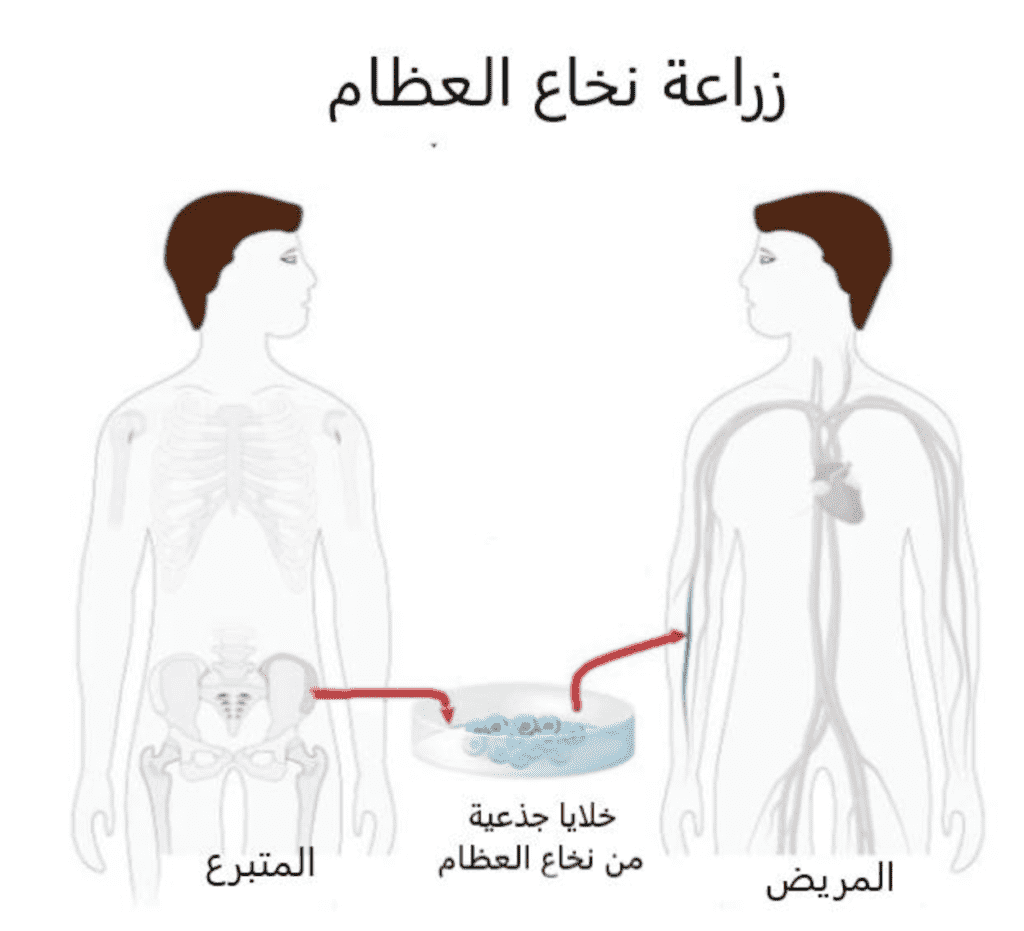
How is a bone marrow transplantation procedure performed?
Bone marrow transplantation is a medical therapeutic procedure in which the patient’s body is supplied with new stem cells and placed properly to help form various blood cells. This procedure also aids in boosting the patient’s immunity and treating specific diseases, especially blood disorders, tumors, and autoimmune diseases.
The bone marrow transplantation process involves several steps:
- Initially, the patient’s hospital room is prepared to be isolated from any source of contamination because the patient’s immunity is weak during this period.
- Bone marrow transplantation is performed using steps that closely resemble those used in blood transfusion. The treating doctor injects the patient with the new stem cells.
- The bone marrow transplantation procedure is performed over several sessions within a specific period, typically ranging from 3 to 6 months, depending on the patient’s condition and the disease itself.
- All these sessions are carried out under full medical supervision to prevent the patient from developing certain complications, such as low blood pressure.
- Afterward, the patient is injected with nutrients and medications through their veins to reduce the risk of infection, promote the growth of stem cells, and support the spinal cord’s recovery.
- After the bone marrow transplant, the patient’s immunity gradually begins to increase until they fully recover and heal.
For more details on bone marrow transplantation and its types, you can click here.
What should I do after a bone marrow transplant?
The medical team closely monitors the patient throughout the transplant sessions to assess the patient’s health and how their body responds to the procedure. This is done through the following procedures:
- The treating doctor follows up on the blood tests conducted by the patient after the procedure to ensure that the body’s response to the treatment is favorable. They check whether the spinal cord cells are forming.
- If the doctor observes an increase in white blood cell count in the patient’s body shortly after the formation of spinal cord cells, it may enhance the chances of a successful procedure.
- The patient may finish the sessions but still remain in the hospital for a period to closely monitor their progress with the medical team. This is to ensure their health and assess the impact of the procedure on other vital bodily functions.
- It is important for the patient to continue follow-up appointments with the specialized doctor for an extended period after the procedure, which may last up to a year, to address any complications that may arise.
What is the success rate of bone marrow transplantation?
The success rate of bone marrow transplantation is approximately 70%, and it can be even higher in some cases, especially among children and teenagers. Several factors affect the success rate, including the skill and expertise of the treating doctor and their years of experience in performing such procedures. Additionally, the patient’s compliance with pre-procedure instructions plays a significant role.
If a patient consults a specialist experienced in performing this type of operation, it can greatly improve their condition and expedite the recovery period. The key is to communicate with a skilled doctor to ensure a successful procedure and achieve the desired outcomes.
Doctor for bone marrow transplant in Egypt
Bone marrow transplantation in Egypt is a successful procedure that requires a skilled and experienced doctor to perform it. In this article, we recommend one of the best orthopedic surgeons in Egypt, specializing in bone marrow transplantation. Dr. Amr Amal is a consultant in orthopedic and joint surgery at Ain Shams University and a faculty member at Ain Shams University. His clinic is located in Dar El Fouad Medical Tower, 4th floor, room 418.
Dr. Amr worked as a deputy in Ain Shams University hospitals for three years and as an assistant lecturer in the hospitals for another five years. He obtained his master’s and doctoral degrees from the same university. He is also a member of the Swiss Society of Orthopedic Surgery and the Egyptian Society of Orthopedic Surgery. Dr. Amr Amal enjoys a good reputation and wide popularity among many patients because he provides the best services at affordable prices. He personally takes care of the patients and closely follows their cases. Dr. Amr Amal is dedicated to using the latest advanced techniques and devices to ensure the success of surgical procedures. He prioritizes providing the necessary medical care to the patient and closely monitoring their condition until he is confident in the success of the procedure and that everything has gone smoothly.
How long does a bone marrow transplant procedure take?
If we take a closer look at the bone marrow transplant procedure, it’s not an operation in the traditional sense but rather a process of transferring blood from one person to another. Each session of this procedure typically takes about 15 minutes, and in most cases, it is done without anesthesia, as it doesn’t involve unbearable pain.
After a bone marrow transplant, patients may experience some symptoms such as nausea or loss of appetite. Therefore, it’s necessary for the patient to remain in the hospital for a specific period to undergo necessary tests and ensure that the procedure has been successful. The medical team closely monitors the symptoms that occur after the procedure.
If you want to learn more about bone marrow transplantation and whether a patient can recover from it, we recommend reading the following article.
Symptoms after Bone Marrow Transplantation
There can be immediate complications or side effects after a patient undergoes a bone marrow transplant, including the following:
- Bleeding may occur.
- Transplant failure.
- Numbness in the legs and arms.
- Difficulty breathing.
- Possibility of developing new types of cancer.
- Liver and kidney diseases.
- Skin rashes.
- Muscle spasms.
- Infections.

When is a bone marrow transplant necessary?
Get rid of pain and prepare to enjoy an active life with Dr. Amr Amal’s innovative bone marrow transplant.
Bone marrow transplantation is a crucial procedure that can save lives. During this process, stem cells are extracted from the bone marrow, purified, and then reintroduced into the same person or a different person in need of a donation. Bone marrow transplantation becomes necessary in cases where there is a disease in the bone marrow that prevents it from producing the necessary blood cells for the body. Such conditions include aplastic anemia, myelodysplastic syndrome, bone marrow failure syndrome, and primary amyloidosis, among others.
What are the conditions for bone marrow donation?
Anyone can potentially donate bone marrow if they are a suitable tissue match. It’s essential for the donor not to have any significant health issues or chronic diseases such as HIV, hepatitis, or cancer. Additionally, conditions that require excessive use of steroids, like severe asthma or obstructive respiratory disease, may disqualify a donor. Donors should not have a history of drug use or suffer from psychological disorders such as depression. On the other hand, donors who have been recently exposed to contamination or those with chronic conditions like hypertension, diabetes, or heart diseases may still be eligible if they are a suitable match.
Is a bone marrow transplant procedure successful?
A bone marrow transplant is generally considered a successful procedure, but its success rate varies from person to person, depending on several factors. These factors include the patient’s medical history, age, overall health, previous treatments like chemotherapy or radiation therapy, donor compatibility, and the type of transplant (autologous, allogeneic, or cord blood). Recent research and studies indicate that the success rate for most cases, excluding malignant diseases, falls between 80% to 85%. Be prepared for a swift recovery and a return to your daily activities after successful bone marrow transplantation with Dr. Amr Amal.
Is bone marrow transplant a dangerous procedure?
The danger of a bone marrow transplant lies in the patient not following the doctor’s instructions during the post-operative period. This can expose the patient to various risks and complications, including:
- Skin rash
- Muscle spasms
- Liver and kidney diseases
- Male infertility
- Possible infertility in males
- Bone marrow transplant failure
To avoid these potential risks or complications, the patient should start preparing well before and after the surgery. It’s crucial to improve the patient’s condition through necessary medical procedures after the surgery, which will help the patient avoid any undesirable harm.
What happens if a bone marrow transplant fails?
If a bone marrow transplant fails, common symptoms may include bleeding and bruising. Blood may be visible from the nose, gums, or skin, and it may persist for an extended period. In children who have experienced a failed bone marrow transplant, there is a significant chance of blood appearing in the urine or stool, leading to gastrointestinal problems with a foul odor. Individuals who have undergone a failed bone marrow transplant may also experience tooth decay or tooth loss, in addition to symptoms such as shortness of breath, colds, and chronic fatigue.
If you wish to book an appointment with a top doctor offering bone marrow transplantation services in Egypt, you can click on this link.

